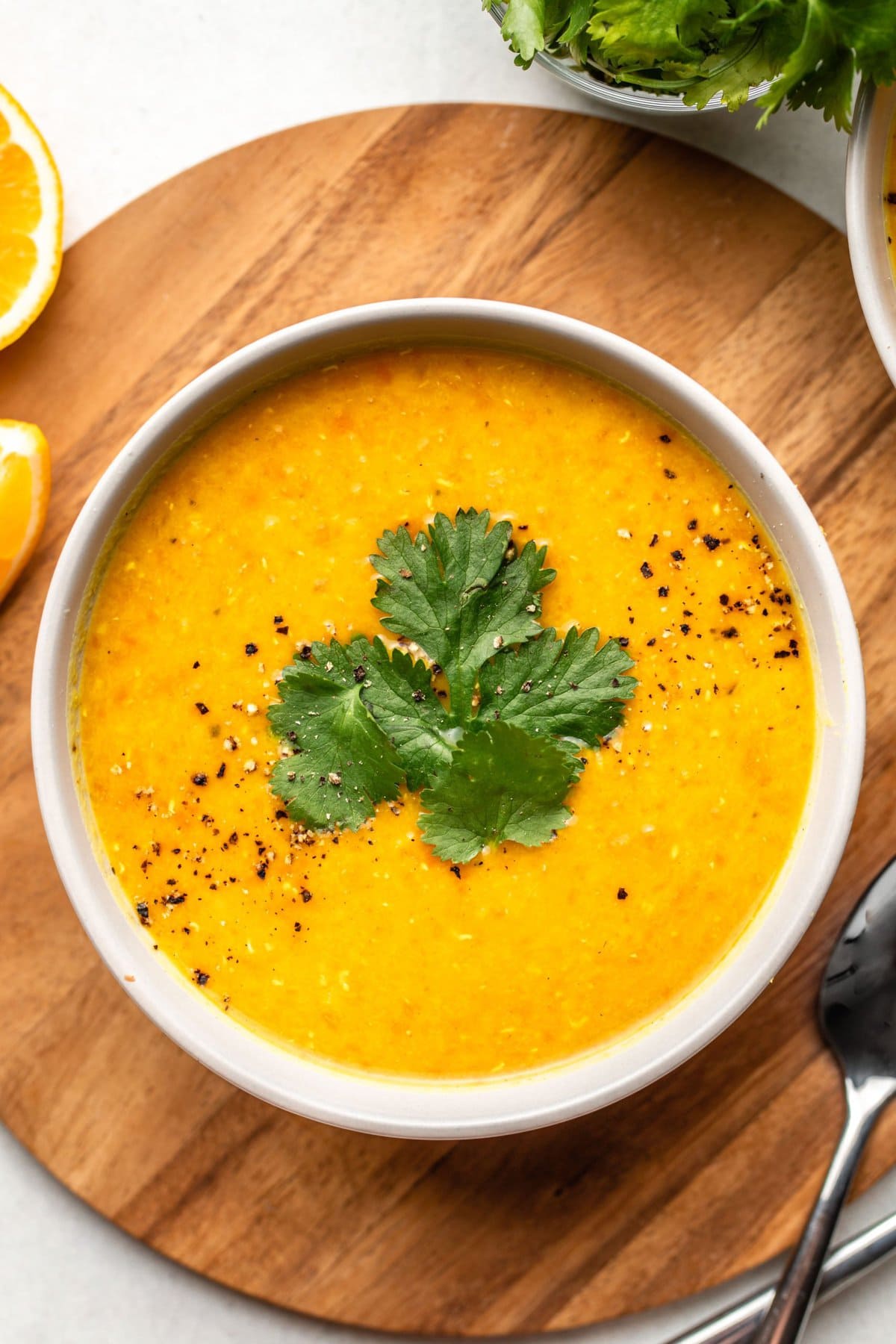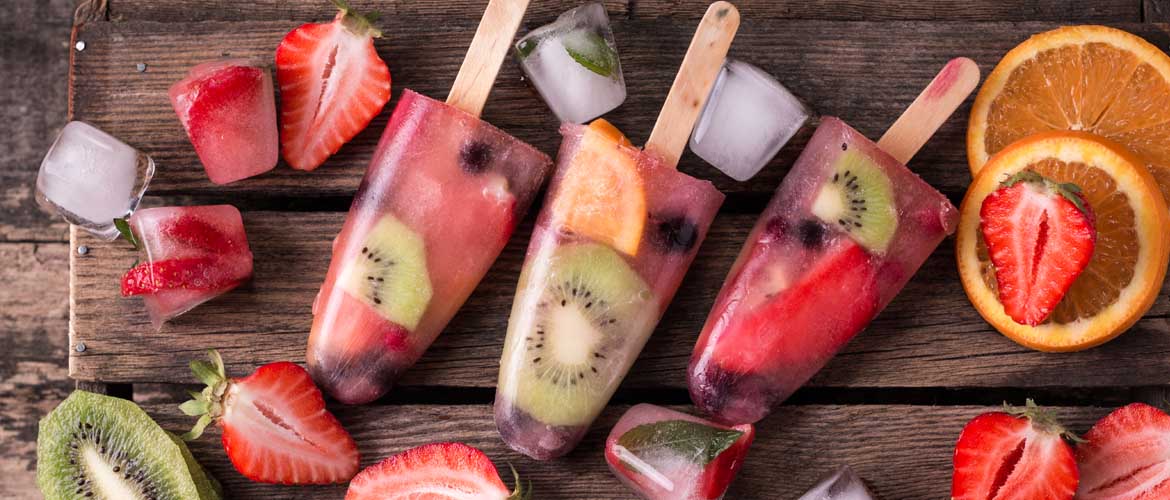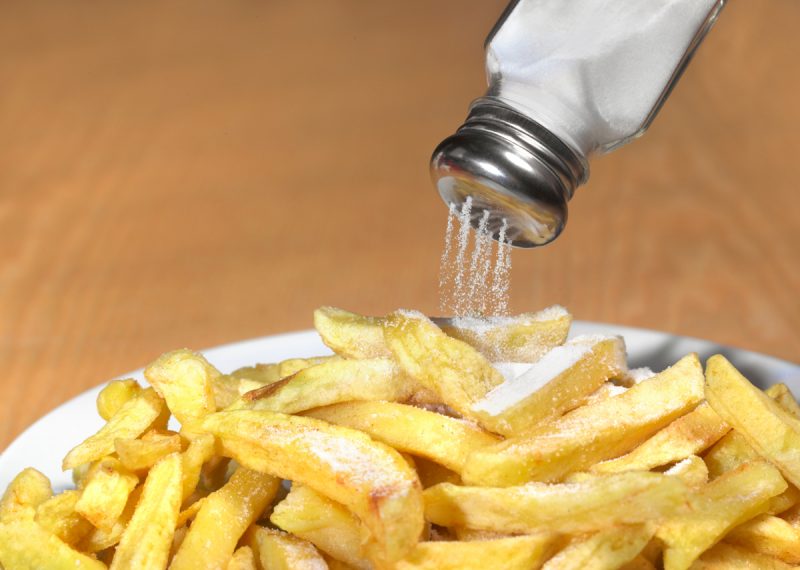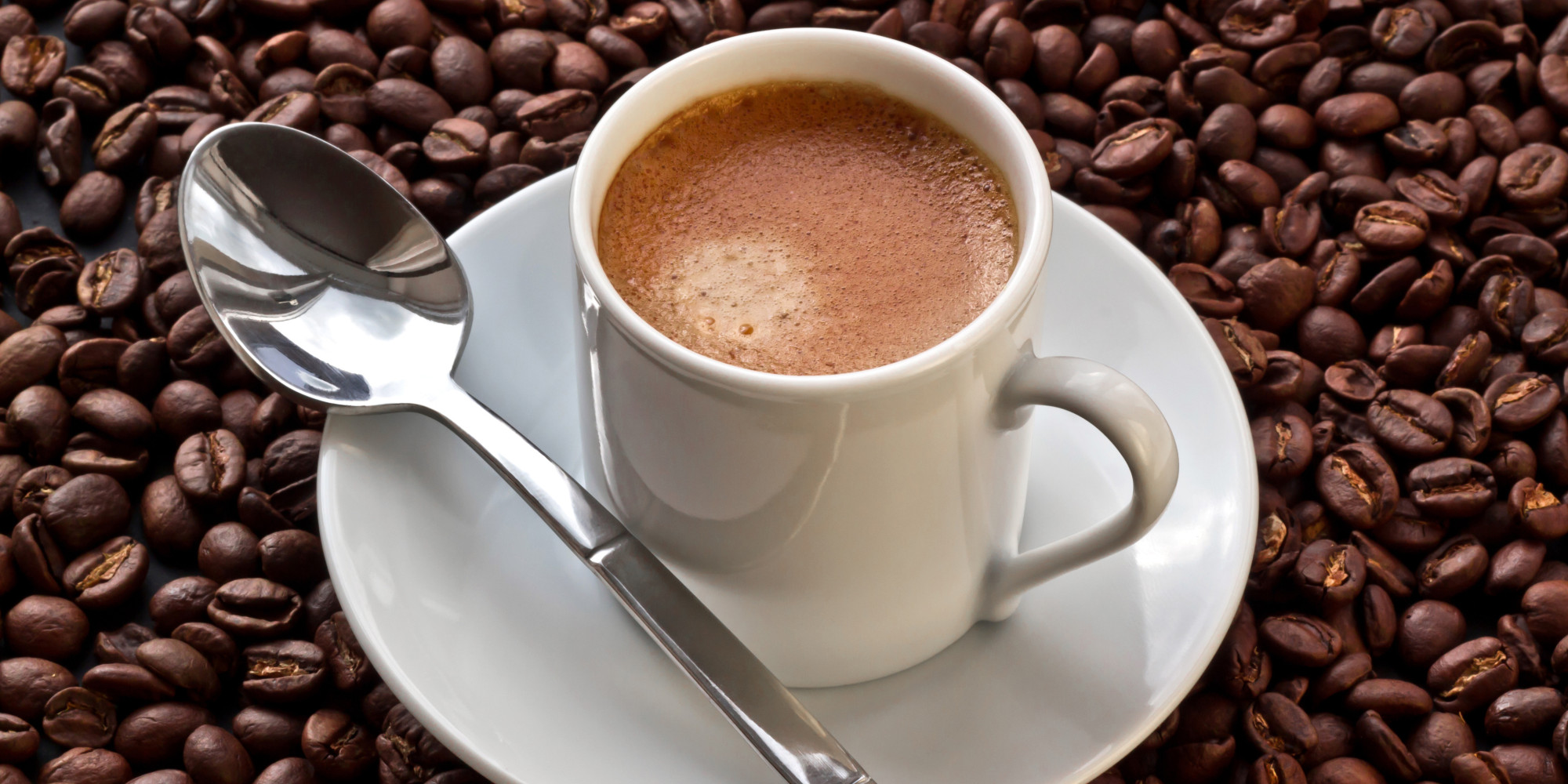How do you stay Hydrated? You may be surprised.
I was in Stroke Rehab with a guy, who is now a friend of mine, and I recently reached out to him to see how he was doing. I knew he had gotten his Driver's License back after his Stroke, and I was looking for some information as I am also in the process of getting my Driver's License back 5 years Post Stroke.
However, he informed me that he had blacked out while driving, and Service Ontario had revoked his Driver's License again. I assumed it was Stroke related, and was surprised when he told me he had blacked out because he was dehydrated. It got me thinking, how do I avoid that happening to me? How much should I drink a day? Does it matter what I drink? What I found was both surprising and informative. Here is what I found out after a little research.
If drinking water isn’t your jam, here are 7 ways you can stay hydrated.
1. Start your day with oatmeal. This one is a classic. Not only is it hearty and filling, oatmeal is also very hydrating. When oats are cooking, they expand and absorb the water or milk they’re being paired with. Not into warm breakfasts when it’s hot out? Try overnight oats. Served cold, overnight oats pack all the benefits of hot oatmeal with no heat. As an added boost, sprinkle chia seeds in your overnight oats when preparing, which soak up 10 times their weight in extra liquid and keep you full all morning.
2. Include more moo. According to a study by McMaster University, milk is more hydrating than water or sports drinks due to its source of protein, carbohydrates, calcium, and electrolytes.3 Bring it on!

3. Try carb alternatives. When it comes to meal planning, ditch dry, carb heavy staples like pasta. Opt for zucchini noodles, or zoodles for short, which can contain about 95 percent water. When paired with a tomato sauce, which usually has about 90 percent water, this meal can pack a hydrating and healthy punch.
4. Sip smoothies. Between the yogurt and all the fresh fruit, smoothies are a great, and tasty, way to stay hydrated. Not sure what fruits and vegetables to pick? Strawberries, peaches, cucumbers, spinach, and blueberries are all excellent options.
5. Pack your plate with vegetables. Much like smoothies, salads are a great way to give you a hydrating boost. Most lettuce greens contain at least 94 percent water, and that’s before you add any other vegetables. Next time you whip up a salad, include celery, tomatoes, bell peppers, and carrots.
6. Slurp soup. When the craving strikes for a filling and hydrating meal, look no further than broth-based soups or gazpacho. Served cold, gazpacho won’t make you break a sweat come summer. Blend cucumbers, bell peppers, tomatoes, onions, and garlic cloves for this satisfying soup.

7. Freeze your fruit. Feeling nostalgic about the popsicles you used to enjoy as a child? Bring back this classic treat as a delicious way to rehydrate. Blend a hydrating ingredient like watermelon and fill Popsicle molds and freeze for 1 hour.

If you don't mind drinking liquids, such as water, a good rule of thumb is this: you should be drinking half your body weight in fluid ounces of water every day to stay properly hydrated. If you weigh 134 pounds, you need to drink 67 ounces of water every day to maintain a baseline of good hydration. If you weigh 200 pounds, you need to drink 100 ounces every day to remain hydrated.
However, there are mediating factors that affect this. Here are 8
1 - Sweating:
As your temperature rises, your sweat glands are activated to release water and cool the body using evaporation. So, the more you sweat, the more you have to drink to stay hydrated.

2 - Climate, humidity, and altitude:
Dry, hot environments and high altitudes take fluid away from your body faster (Vegas baby!!!!). Hot and humid air is already saturated with water, so sweat takes longer to cool you down, and you’ll have to sweat more. In cold climates, the air has less water which makes sweat evaporate faster. As you rise in altitude the air becomes colder, thinner, and holds less moisture than warm air. As the body acclimates to the increasing altitude you urinate more to avoid respiratory alkalosis (elevated blood pH). You’ll also urinate more frequently in colder weather so your body doesn’t waste energy by keeping your waste warm. Higher altitude also means lower oxygen concentration. You must breathe more often and more rapidly to get the same amount of oxygen you would get at lower altitudes, which depletes water faster.
3 - Body size:
Smaller adults have a smaller volume and surface area. Thus, they lose relatively less fluid than larger adults via respiration and sweating. (This does not apply to children, however, who can become dehydrated quickly.)
4 - Salty food:
Higher salt intake means you may retain water or feel thirstier and want to drink more. (Sugary foods cause a similar response). Sodium is a vital component of hydration as an electrolyte, but excess sodium will cause you to retain water. Excess dietary sodium intake means frequent overnight bathroom trips. This is particularly true for elderly individuals as you lose your ability to process sodium as you age.

5 - Alcohol:
Alcohol is a diuretic, meaning it causes your body to excrete fluids at an accelerated rate as opposed to other drinks. Alcohol dehydrates you thanks to its suppression of a hormone called vasopressin, which is an antidiuretic.
Vasopressin normally limits how much water your kidneys can excrete, which helps prevent dehydration. When you drink, vasopressin is suppressed. Your kidneys fail to reabsorb water as they normally would, and you have to urinate more often. Always drink water before, during, and after drinking alcohol. Staying hydrated can also help prevent hangovers.
6 - Watch your caffeine intake:
Caffeine is one of the most widely consumed psychoactive substances on the planet. Caffeinated beverages, including coffee, tea, and sodas, have a mild diuretic effect. They remove water and other nutrients from your body.

7 - Hormones:
If you're a woman of reproductive age, your hormones will change your body water levels throughout your menstrual cycle. Dehydration during the menstrual cycle has been shown to negatively impact cognitive function, mood state, fatigue and increased pain and cramps.

Dehydration is a common cause of constipation; if you’re not having regular bowel movements try drinking more water. And, if you've recently had diarrhea or vomited, you'll want to replace the lost fluids and electrolytes. The majority of fluids are absorbed in the small intestine. Gastric emptying controls the rate at which fluids enter the small intestine and then the bloodstream. Proper hydration helps your bowels absorb nutrients and move waste to be excreted. Your kidneys are responsible for regulating water balance and blood pressure as well as removing waste from the body. This process is controlled by the vasopressin hormone. Vasopressin responds based on a feedback loop that includes your body’s hydration status. It helps tell your kidneys to either hold water or release it.

How to Tell If You’re Dehydrated
Here are 11 Warning Signs
1. Fatigue
2. Headaches
3. Depressed Mood
4. Flushed Skin
5. Muscle Cramps
6. Thirst
7. Urine Color
8. Weakness
9. Bad Breath
10. Increased Heart Rate
11. Decreased Brain Function
Best Drinks For Hydration
Water
This one is a no brainer. Water (both still and sparkling!) is the easiest way to stay hydrated on a day to day basis. It's calorie-free, more readily available, and super refreshing on hot days. Our bodies are also made up of about 60 percent water, as Arnold pointed out, so it's important we are constantly putting more into our body.
Sports Drinks
Sports drinks like Gatorade are good for rehydrating, but only under specific circumstances. Arnold said these drinks are only really helpful after you've worked out or done any other high intensity activity. "When we sweat, we lose both water and electrolytes. Many people assume that these recovery drinks are healthy or even essential because they provide these electrolytes," she said. "In most circumstances, these drinks are only needed after moderate to high intensity workouts that have lasted over an hour or with excessive sweating."
WORSE DRINKS FOR HYDRATION
1. ENERGY DRINKS
2. ALCHOL
3. HOT COCOA
4. EXESSIVE COFFEE OR TEA

